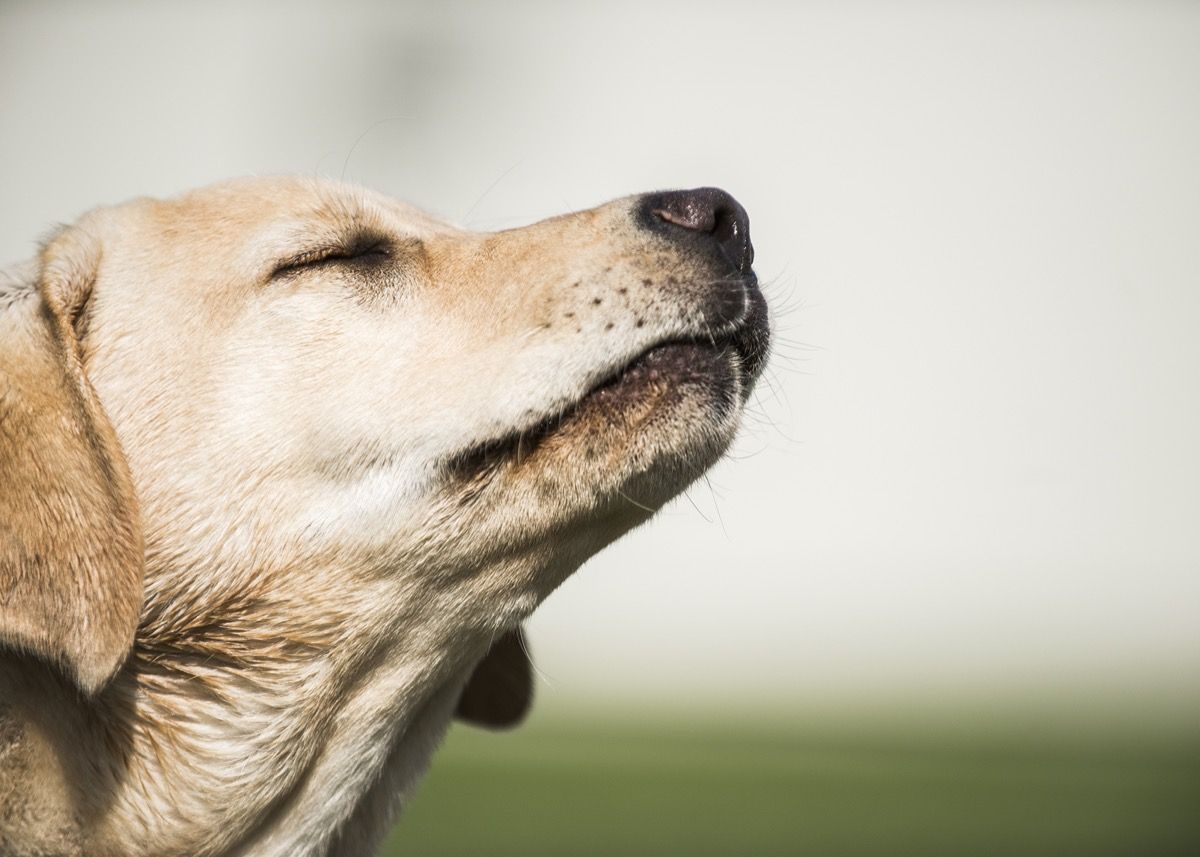The German study out of the University of Veterinary Medicine Hannover found that dogs are able to distinguish human saliva samples that are infected with the novel coronavirus from those that are not with 94 percent accuracy, if properly trained.ae0fcc31ae342fd3a1346ebb1f342fcb For the study, which was published in the BMC Infectious Diseases journal on July 23, researchers trained eight dogs from Germany’s Armed Forces for just one week. The dogs were directed to sniff the saliva of more than 1,000 people both infected and not infected with COVID-19. The samples were distributed at random, and neither the dogs nor their handlers knew if they were receiving an infected sample. “We think that the dogs are able to detect a specific smell of the metabolic changes that occur in those patients,” Maren von Koeckritz-Blickwede, a co-conductor of the study and professor at the university, said in a video about the research. According to the study, since dogs can be trained relatively quickly, this method of detection could be “employed in public areas such as airports, sport events, borders, and other mass gatherings” in addition to, or in place of, lab testing. After all, both methods seemingly have similar levels of accuracy: Quick coronavirus tests using swabbed samples from the nose, throat, or saliva, are only about 93 percent accurate. The only test that boasts higher results than the dog sniffing method is a deep nasal swab, which is 99 percent accurate. RELATED: For more up-to-date information, sign up for our daily newsletter. The study says there is still much to be researched in regards to dog-based coronavirus detection. For instance, not much is known about what happens when a dog gets the coronavirus—although it is reportedly rare—and if that may affect the dog’s sense of smell. But if all the limitations of the study could be further researched, authors note that for “countries with limited access to diagnostic tests, detection dogs could then have the potential to be used for mass detection of infected people.” And for more on animals and the coronavirus, check out These Are the Pets Most Likely to Get Coronavirus.
